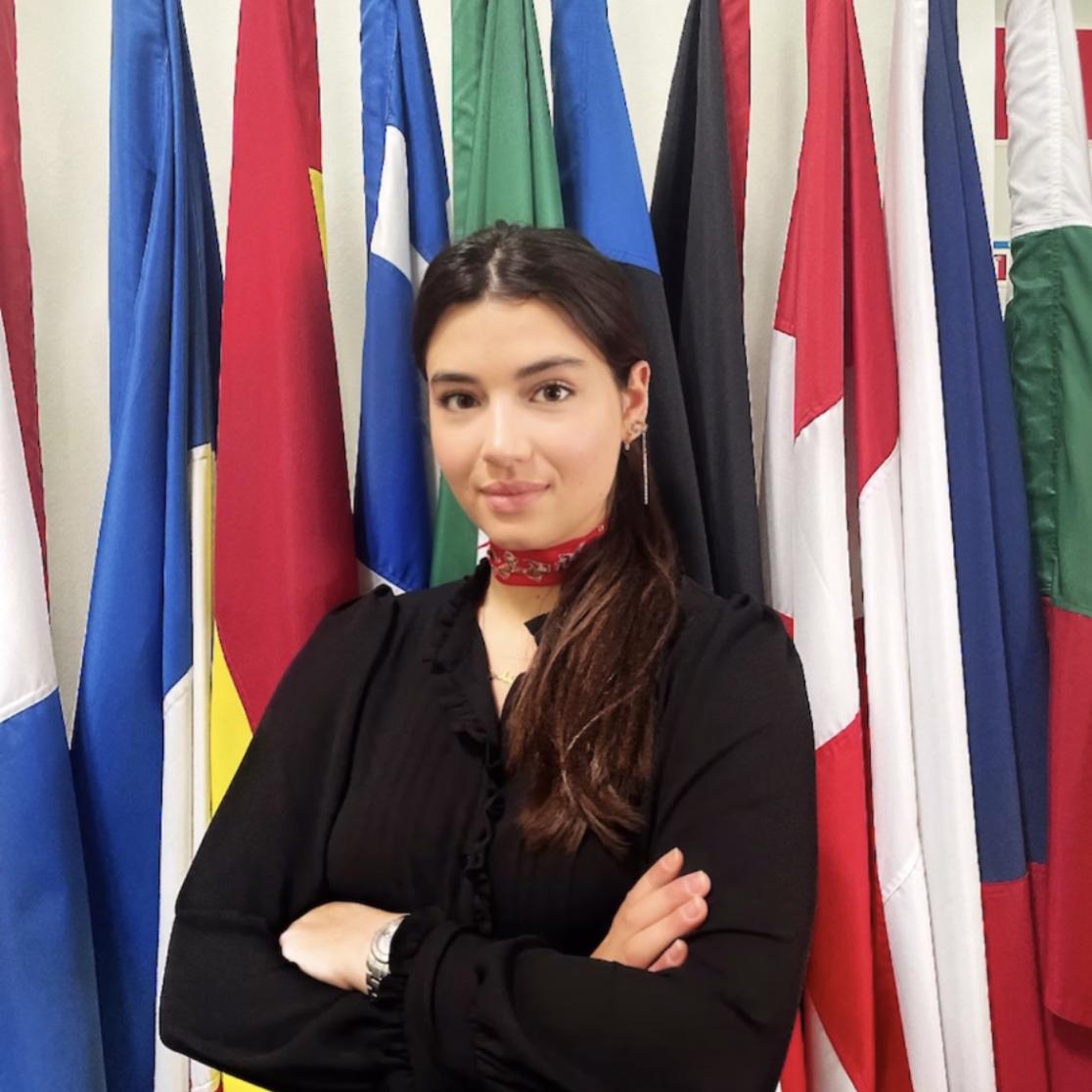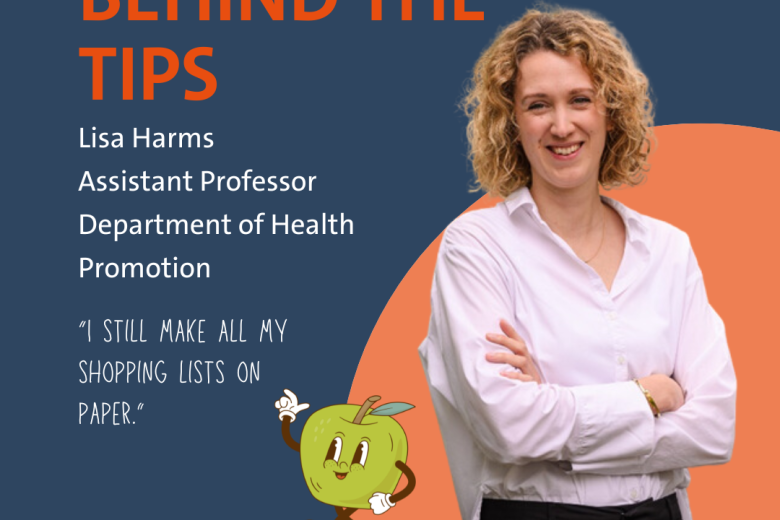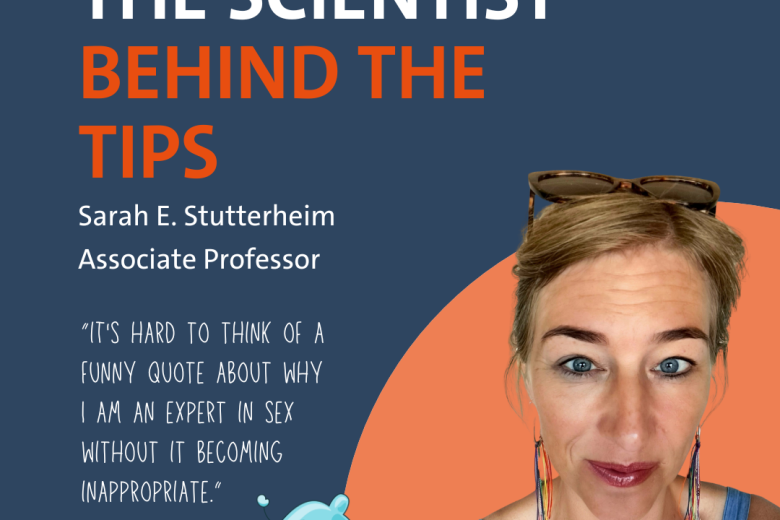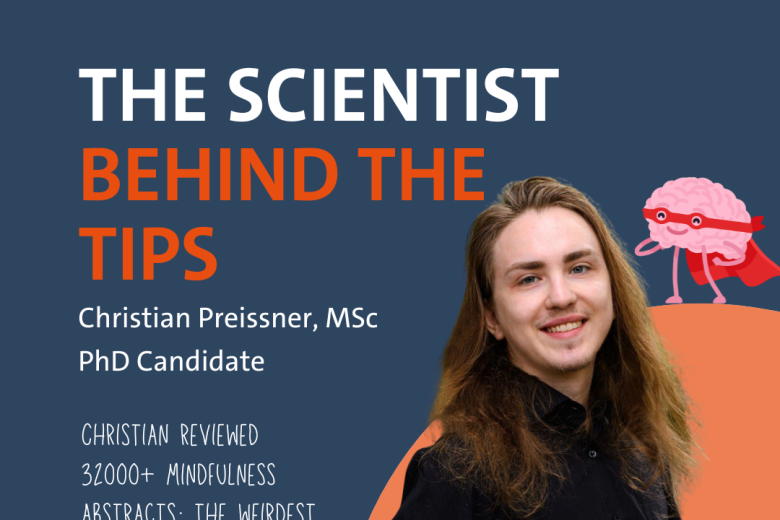Ines Aoufi, Associate Consultant for the RPP Group
Ines Aoufi always dreamed about a career where she could work towards ensuring that every person has access to the best possible healthcare. After an open discussion with her high school teacher in her senior year about her future career plans, Ines learned about the Bachelor European Public Health at Maastricht University. In her opinion, a programme that prepared her best for the work she is currently doing in the healthcare public affairs sector in Brussels.
If you asked Ines as a child what she wanted to become, the answer was always the same. A doctor. Because she travelled a lot, Ines encountered several healthcare systems, which were very different in quality compared to the system in Belgium, where she lives. “I thought becoming a doctor was the way to go to make a change for healthcare systems in the countries I visited. However, talking to my high school teacher made me realise the impact a doctor has, of course extremely important, remains mostly on an individual basis, working with one patient at a time. I wanted to be able to make changes at a higher level and for a larger amount of people.”
After attending our events for prospective students, Ines registered for the Bachelor European Public Health. “What attracted me most towards the programme was the mix of politics, science and law. I felt like that combination was going to prepare me for the career path I wanted to take.” Maastricht University also met Ines’ requirements for a university; providing a multicultural and challenging environment. She especially enjoyed Problem-Based Learning, where the goal is information sharing and working on fixing problems as a team.
“During my three years as a bachelor student, I had the chance to work on topics that interested me. Most of my research and papers centered around domestic violence, violence against women and the impact it has on victims and observers’ mental health. Thanks to the fantastic connections of Maastricht University and our professors, placement possibilities are numerous. In my case, I had the chance to do my placement at the European Monitoring Centre for Drugs and Drugs Addiction in Portugal.”
After her placement, Ines decided to return to Belgium to work for RPP Group. Ines already knew the founder of the company, Sebastian Rohde, as he is one of the professors within the bachelor programme. “The lectures in European Health Policy given by Mr. Rohde greatly inspired me and I felt it was the right next step for my career.”
RPP Group specialises in public affairs and demonstrating the societal value of projects and ideas to governments. As an Associate Consultant, Ines works with organisations in the field of pharmaceuticals, nuclear medicine and animal health but also with patient organisations and trade associations. Asking about her current projects, there is one that stands out.
“I work together with a renowned oncologist and lead activist for ‘the right to be forgotten’. Many cancer survivors face discrimination and penalisation when accessing financial services such as mortgages and insurance. We are working towards a European framework against this discrimination.”
Ines’ daily work includes amongst others the monitoring of political developments at EU and national levels and collaboration with industry and political stakeholders. In the context of ‘the right to be forgotten’, Ines, together with her colleagues, conducts research about the state of the law in different EU countries, organises meetings with political stakeholders and leads other activities to shed light on this issue.
According to Ines, working for RPP Group is very similar to the work she did as a student of European Public Health. “Both require a broad knowledge. Besides the legal and political framework behind our projects, I also have to be able to understand their scientific background. When going into discussion with political stakeholders, it’s important to comprehend all facets of health projects.”
Ines is an advocate for European Public Health: “If you are unsure what you want to study, but you know you want to improve health as a whole, study EPH. It will give you a strong basis to start a career in most health-related fields. You’ll encounter many different courses such as statistics or epidemiology. If you want to, you can further specialise yourself in these specific fields by pursuing a master’s degree.”
As for studying in Maastricht? “It’s a cute city”, according to Ines. “I always wanted to study and live in an environment where I would be able to meet people from different cultures and background, and Maastricht is a fantastic place for that. There are great parties and ways to meet new friends. Studying in Maastricht felt like the perfect way to start my new life.”

Also read
-
Evidence-based health tips for students: supermarket psychology
In the upcoming months, we’ll share tips on Instagram for our students on how to live a healthier life. Not just a random collection, but tips based on actual research happening at our faculty. The brains behind this idea are Lieve Vonken and Gido Metz, PhD candidates at CAPHRI, the Care and Public...

-
Evidence-based health tips for students: the science of love and sex
In the upcoming months, we’ll share tips on Instagram for our students on how to live a healthier life. Not just a random collection, but tips based on actual research happening at our faculty. The brains behind this idea are Lieve Vonken and Gido Metz, PhD candidates at CAPHRI, the Care and Public...

-
Evidence-based health tips for students: the science of mindfulness
In the upcoming months, we’ll share tips on Instagram for our students on how to live a healthier life. Not just a random collection, but tips based on actual research happening at our faculty. The brains behind this idea are Lieve Vonken and Gido Metz, PhD candidates at CAPHRI, the Care and Public...
